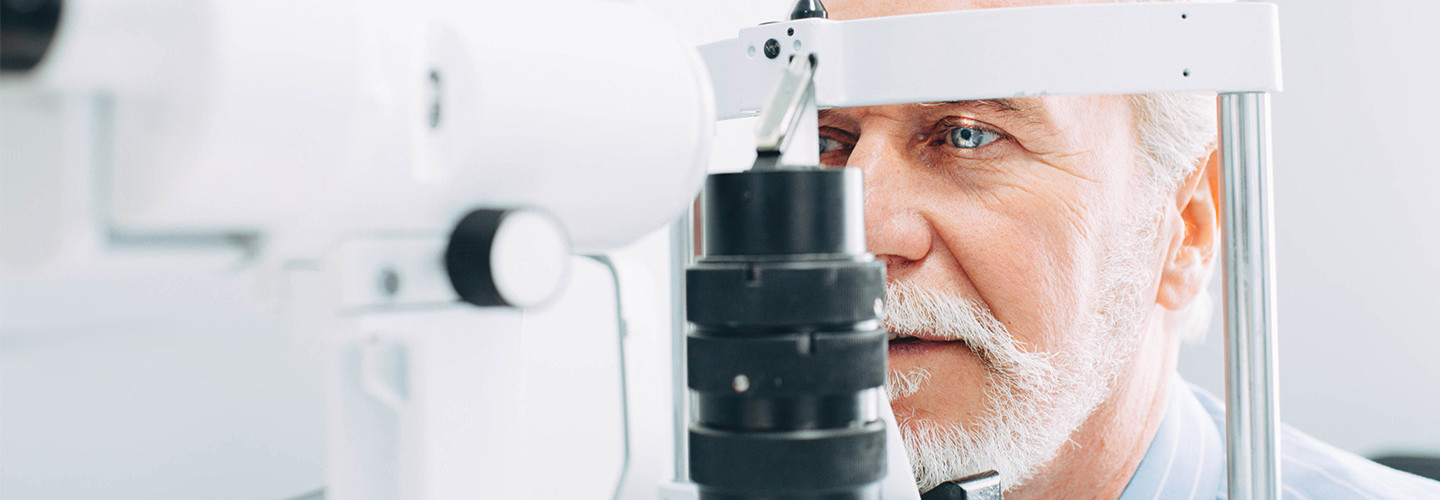Featured
Table of Contents
Preserving ideal eye wellness is vital for a top quality of life, and regular eye tests are a vital part of that upkeep. Vision changes can take place at any type of age, making it essential to customize eye treatment suggestions to different life phases. Right here's an overview on just how often eye examinations ought to be set up for various age to make sure the very best possible eye health.
Throughout this check out, eye care specialists analyze aesthetic acuity and check for any type of developmental issues. If no issues are noted, the next eye examination should take place prior to the youngster enters college, commonly around ages 5 or 6.
Parents ought to remain vigilant for indicators of vision problems, such as squinting, difficulty focusing on the blackboard, or whining of headaches. It's crucial to schedule an examination instantly if any of these symptoms emerge. Regular analyses guarantee that kids can do well academically and participate completely in tasks like sporting activities.
![]()
Throughout young their adult years, individuals generally experience fewer significant changes in vision, yet regular eye tests remain important. Youthful grownups must have thorough eye exams every two years. Those with threat elements, such as a household history of eye disease, diabetes, or regular get in touch with lens use, might need annual exams.
Young people are frequently subjected to digital eye pressure as a result of extended usage of smart devices and computer systems. Signs like dryness, tiredness, and obscured vision might occur from excessive display time. If these signs linger, consulting an eye treatment professional can lead to customized solutions, such as computer glasses or referrals for way of life modifications.
For individuals with underlying health problems, such as hypertension or diabetes, more constant examinations may be required. Routine tracking is vital for managing these problems and making sure that any type of possible eye health and wellness concerns are resolved quickly.
Senior citizens might likewise experience changes in their capacity to see in low light or distinctions in shade assumption. Routine exams enable eye care experts to check these modifications and offer proper interventions, making sure seniors keep their independence and high quality of life.
Newborns and Toddlers (0-2 Years)
Eye wellness starts at birth. The American Academy of Pediatrics suggests that babies have their first comprehensive eye exam at around six months of age.Throughout this check out, eye care specialists analyze aesthetic acuity and check for any type of developmental issues. If no issues are noted, the next eye examination should take place prior to the youngster enters college, commonly around ages 5 or 6.
Kindergarten and School-Aged Kid (3-18 Years)
Youngsters ages three to 18 ought to undergo regular eye tests each to 2 years. Although colleges frequently conduct basic vision testings, these do not change detailed exams performed by eye treatment professionals. A comprehensive eye exam examines not only aesthetic acuity however additionally eye coordination, tracking skills, and overall eye health.Parents ought to remain vigilant for indicators of vision problems, such as squinting, difficulty focusing on the blackboard, or whining of headaches. It's crucial to schedule an examination instantly if any of these symptoms emerge. Regular analyses guarantee that kids can do well academically and participate completely in tasks like sporting activities.
Youthful Grownups (19-39 Years)

Throughout young their adult years, individuals generally experience fewer significant changes in vision, yet regular eye tests remain important. Youthful grownups must have thorough eye exams every two years. Those with threat elements, such as a household history of eye disease, diabetes, or regular get in touch with lens use, might need annual exams.
Young people are frequently subjected to digital eye pressure as a result of extended usage of smart devices and computer systems. Signs like dryness, tiredness, and obscured vision might occur from excessive display time. If these signs linger, consulting an eye treatment professional can lead to customized solutions, such as computer glasses or referrals for way of life modifications.
Adults (40-64 Years)
Going into midlife causes a lot more recognizable changes in vision, particularly the onset of presbyopia, which impacts the capability to concentrate on close objects. Adults aged 40 to 64 need to have eye examinations each to two years. This age group is likewise at a higher threat for creating conditions such as glaucoma, cataracts, and age-related macular degeneration.For individuals with underlying health problems, such as hypertension or diabetes, more constant examinations may be required. Routine tracking is vital for managing these problems and making sure that any type of possible eye health and wellness concerns are resolved quickly.
Elders (65 Years and Older)
For elders, the need for normal eye examinations comes to be a lot more important as a result of an increased risk of age-related eye conditions. It is usually suggested that individuals aged 65 and older have an eye test at the very least yearly. Early discovery of problems like cataracts, glaucoma, and macular degeneration is crucial for preventing vision loss.Senior citizens might likewise experience changes in their capacity to see in low light or distinctions in shade assumption. Routine exams enable eye care experts to check these modifications and offer proper interventions, making sure seniors keep their independence and high quality of life.
Conclusion.
Recognizing the suitable schedule for eye tests based on age is crucial for protecting eye wellness and making certain clear vision throughout life. By focusing on eye care and adhering to suggested examination schedules, individuals can take proactive actions to secure their vision and improve their total wellness.Latest Posts
Host Your Perfect Occasion: Location Rental Alternatives for each Event
Published Mar 03, 25
1 min read
A Glamorous Getaway: The Claridge Indoor Swimming Pool
Published Jan 31, 25
1 min read
Furnishings Styles Living Area
Published Jan 24, 25
0 min read